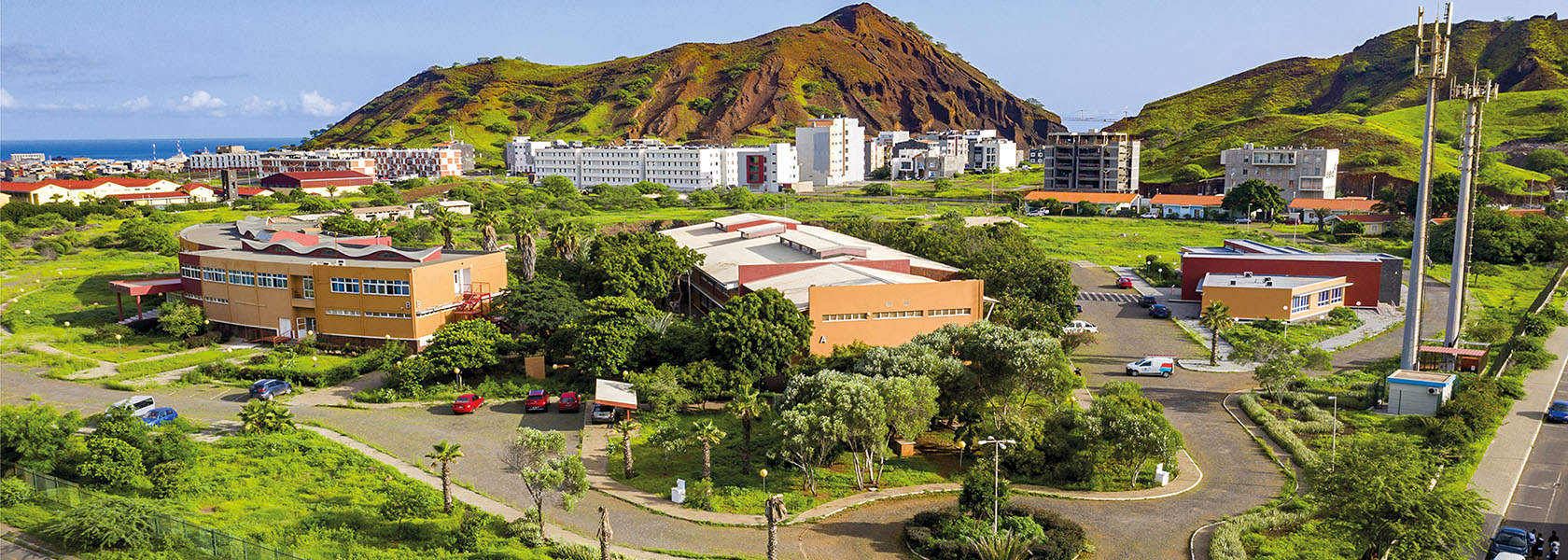- +238 2609000
- info@cv.unipiaget.org

Framework
In the contemporary world, profound transformations have occurred at social, economic, technological, ideological, and inter-relational levels, among others. These transformations, with both positive and negative effects, pose ongoing challenges for social actors on a global scale. New social relationships and new ways of life have altered values and socio-environmental structures, forging new family and interpersonal relationship contexts, and creating new needs. Furthermore, the persistence or new expressions of structural and circumstantial problems such as poverty, unemployment, urban violence, and others, not only pose threats but also obstacles to development, especially in urban centers exposed to a more vulnerable social environment.
For Cape Verde, a country where these issues are significant challenges for society, despite efforts made by the State (local and central authorities), the market, and Third Sector organizations, mitigating this scenario requires synergistic action, resulting from the (re)design of partnerships/relationships between various actors (public and private) and social institutions. The country is not immune to changes and globalization; on the contrary, it is subject to their impact, highlighting the importance of training professionals prepared to enhance the resulting benefits while confronting the negative effects and new threats these changes may pose to our society. With this spirit, the Bachelor's Degree in Social Work is offered, a promising path for renewing social intervention based on seeking creative and innovative initiatives to solve social problems and promote social development in a context of resource scarcity. The focus on social entrepreneurship corresponds to the new challenges imposed by society in general and the market in particular, forming citizens capable of actively participating in the development of their social context, and organizationally, citizens capable of researching, creating, and implementing innovative actions in the management of organizations or institutions in addressing social issues.
The Social Work course aims to train human resources to develop innovative projects, work in central and decentralized government structures, private and civil society organizations, in activities that promote the development of communities, regions, and individuals, valuing the self-reflective capacity of people.
In this sense, the training of a social worker is inter- and transdisciplinary in nature, valuing practical knowledge and grounded in the constant dynamic between theory and practice, with simulations and real work contexts. It is fundamentally designed to provide an alternative and sustainable response to the social problems affecting post-modern society, both regionally and globally, in terms of competent human resources for working with communities, vulnerable groups, individuals, business units, and cooperatives for whom capacity building is a basic condition for change, for a development process, and social transformation.
Professional Opportunities
Graduates in Social Work will be equipped to work in the design, implementation, and evaluation of innovative and entrepreneurial programs, projects, and actions, contributing to the promotion of social development for groups and communities at risk of marginalization and social exclusion. Similarly, they will be prepared for research related to alternative interventions.
The Social Work professional is an active agent in seeking innovative solutions to pressing social problems. They develop their activities around research and development (R&D) of social technologies, risk and opportunity management and evaluation, mobilization of alternative resources for financing sustainable projects for solving social problems.
In their action, this professional seeks sustainability through the creation of social values, works with diverse groups - organizations, institutions, men, women, youth, adults, elderly, people with disabilities or various limitations, families in situations of threat and violation of rights, foreigners - aiming to instigate creative attitudes and reduce social inequality.
Professional opportunities are diverse, and a graduate in Social Work can work in organizations and areas such as:
State services, Ministries, municipalities;
Employment centers and vocational training;
Prisons, social reintegration services, conflict mediation and courts;
Associations promoting the integration of specific population groups, human rights advocacy;
Cooperatives, International Cooperation, and NGOs.
© 2024 - Jean Piaget University of Cape Verde
All Rights Reserved